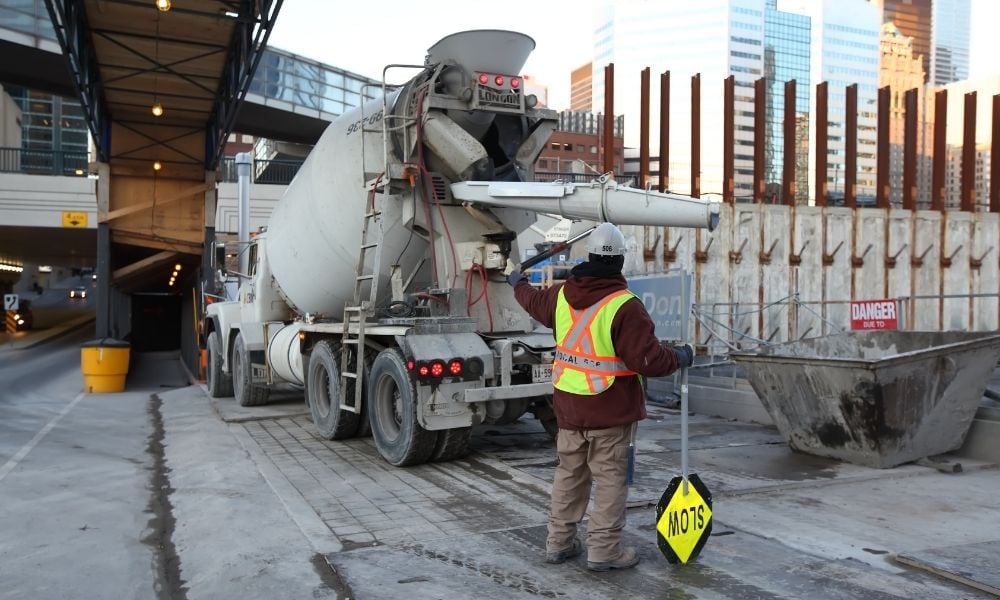Province also cutting premium rates in 2022 by average of five per cent for employers

Ontario is looking to introduce legislation that would allow a significant portion of the Workplace Safety and Insurance Board (WSIB)’s current reserve to be distributed to “safe” employers.
The government is proposing to allow the board to distribute surpluses when the fund reaches a 115 per cent surplus and require the board to distribute funds when the surplus reaches 125 per cent.
“We know shopkeepers and merchants on Main Streets across Ontario need help. That is why our government is taking action by modernizing the WSIB to support these employers and protect local jobs,” says Monte McNaughton, minister of labour, training and skills development . “This package will save employers hundreds of millions of dollars that can be reinvested in new jobs, technology, and health and safety protections. At the same time, injured workers will continue to receive the benefits and services they deserve.”
WSIB covers over five million people in more than 300,000 workplaces across Ontario. Distributing a chunk of the reserve, currently valued at $6.1 billion, would help employers cope with the impacts of COVID-19, according to the government.
As of March 31, the WSIB’s insurance fund is at 119 per cent. Every percentage point represents an estimated $305 million in surplus funds.
Mixed reception
Distributing surplus WSIB funds was a recommendation from the WSIB Operational Review released in November 2020.
“With the pandemic continuing to create massive challenges for many small businesses, this is needed now more than ever,” says Dan Kelly, president of the Canadian Federation of Independent Business (CFIB).
Despite the easing of restrictions and rising vaccination rates, small employers across Canada say it will take an average of 23 months to fully recover from the pandemic, according to a previous CFIB report.
However, the proposed changes were criticized by many, including the Ontario Federation of Labour which called the move “shameful on Twitter: “Any surplus WSIB funds should compensate injured workers and their families who have been left behind for far too long.”
Lower premium rates
Ontario is also cutting premium rates in 2022 by an average of five per cent for employers, for a total of $168 million.
Closures in low-wage sectors due to the pandemic have resulted in a spike in Ontario’s Average Industrial Wage. As a result, the ceiling for worker benefits will be increasing by 9.45 per cent. To prevent some businesses from having to pay thousands of dollars a year in additional premiums, Ontario is capping the growth of premiums to an increase of 3.2 per cent (close to the normal range) through a regulation under the Workplace Safety and Amendment Act.
These changes will allow employers in the construction industry to increase their investment in health and safety and grow their businesses, says Andrew Pariser, RESCON vice president.
“Premium rate decreases highlight that health and safety efforts in residential construction are working. RESCON supports the approach that the risk should be reflected in the rate. Lower rates show our safety improvements are working.”
Supports like these go a long way to help keep businesses viable and competitive as we deal with the impacts of COVID-19, says Heidi VanderKwaak, owner of Donut Monster.
“The rate reduction means more money for employers like me to increase wages for frontline staff so we can remain competitive and fair while also investing in improving health and safety in the workplace.”
CFIB previously called on the federal government to extend supports for employers as they continue to struggle amid the pandemic.




